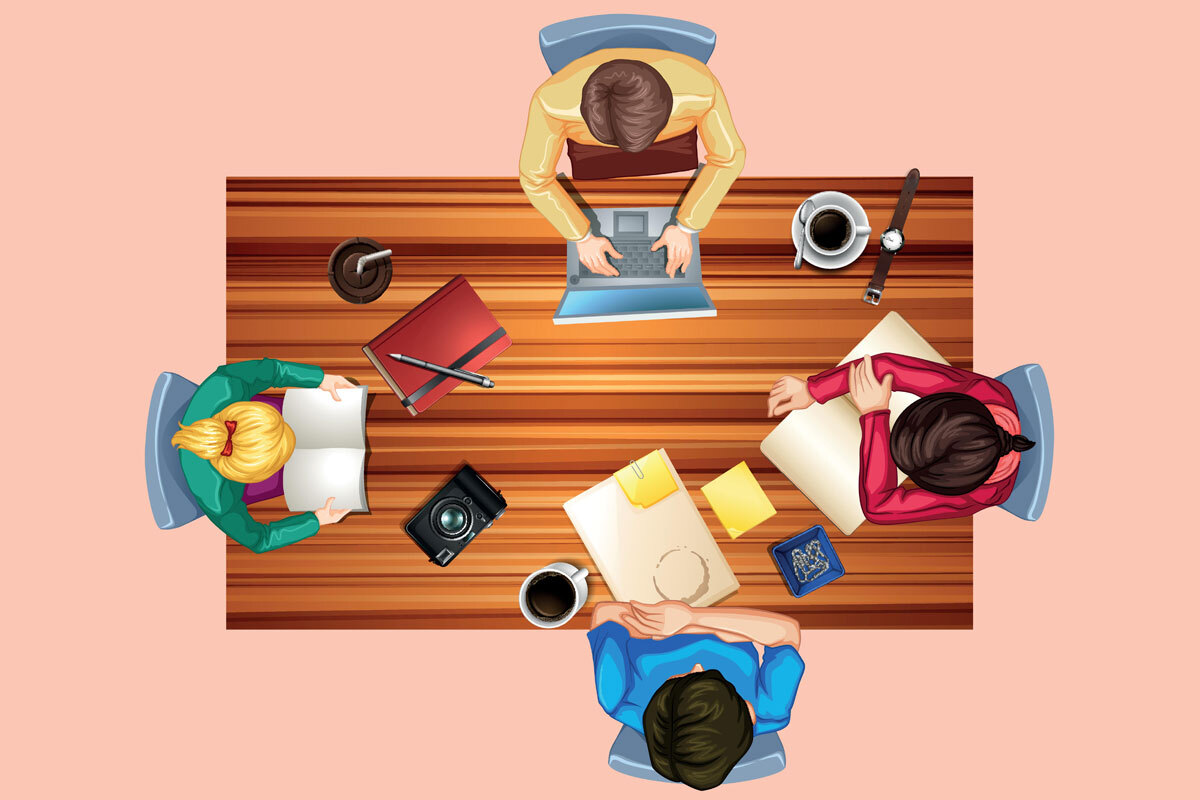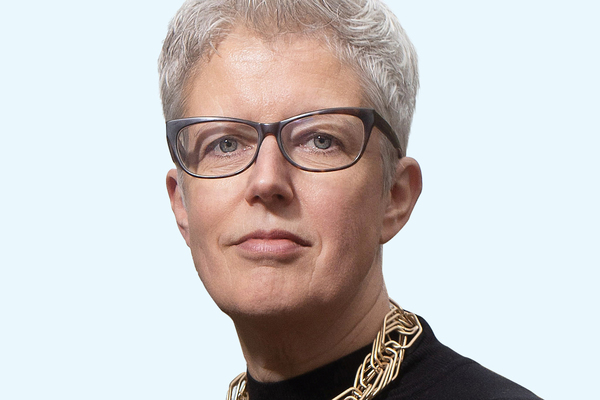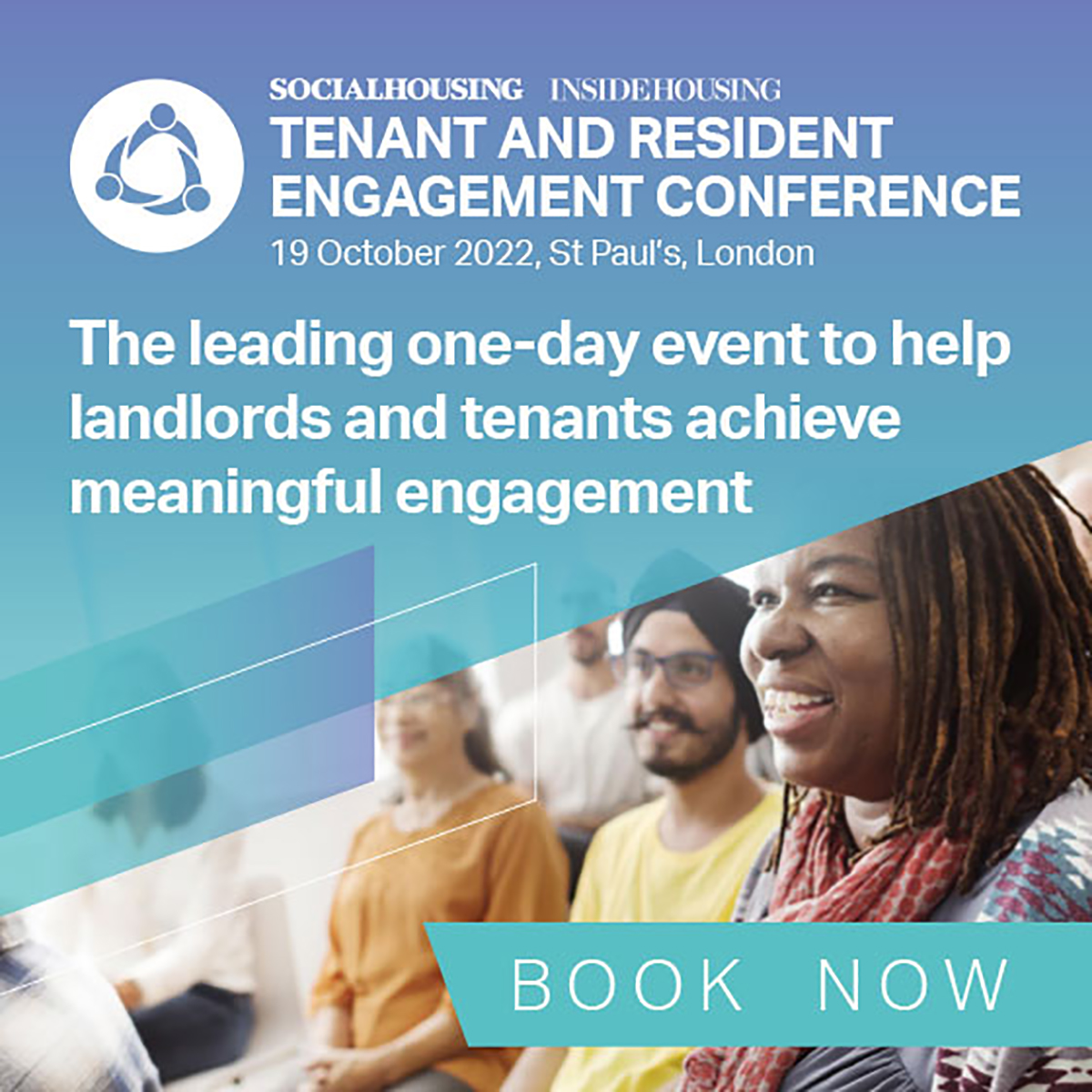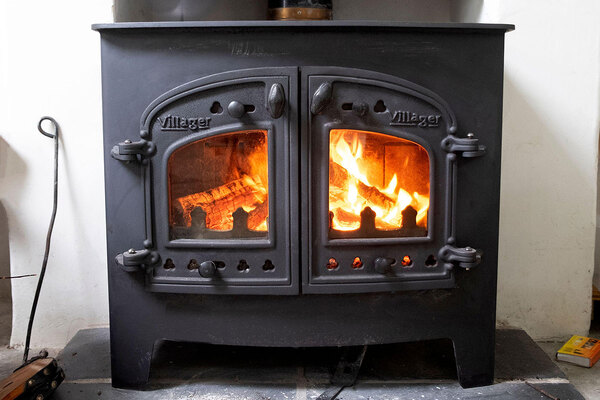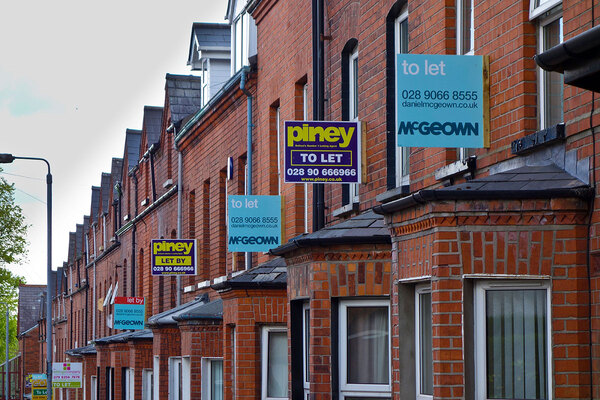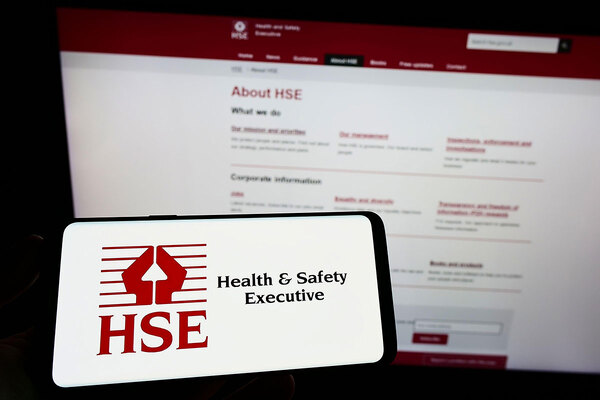
Jolie Goodman is an artist and associate at Co-production Works
Landlords must make decisions with tenants, not just involve them
Consumer regulation is changing in England, but how should social landlords actually go about making changes? Jolie Goodman, who works as a consultant doing co-production with residents and housing providers, has some practical ideas
With new consumer regulations on the horizon, many social landlords are rethinking how they engage with residents.
Listening to the lived experience of people and their families is essential if the sector wants to genuinely improve the quality of its services.
For years, resident engagement has consisted of surveys and focus groups, gathering comments and complaints or consulting on new services. These are valuable tools for involvement, but housing organisations must now go further.
“The difference between co-production and tenant involvement is an acknowledgement that the skills and knowledge of staff is important, but it must be valued equally alongside the experience and expertise of people who use housing services”
To realign their relationship with residents, in line with the vision from the 2020 Social Housing White Paper, the power dynamic needs to change.
Co-production is at the heart of this. It’s a buzzword that a lot of people in the sector are talking about, but working co-productively with residents is complex and many organisations don’t get it right.
The difference between co-production and tenant involvement is an acknowledgement that the skills and knowledge of staff is important, but it must be valued equally alongside the experience and expertise of people who use housing services.
“Effective co-production is all about group work where everyone feels safe to share their views freely. It can often be unpredictable and uncomfortable”
Sharing decision-making with residents right from the start means that services can be co-designed around their ambitions and wants, not around what housing organisations assume their needs are.
I’ve used housing and mental health services myself and they didn’t always help. This experience made me realise that people who access services have valuable things to say about them, but their voices often go unheard.
As an artist working from a survivor perspective, I began facilitating other people’s creativity – helping them to express in new ways what is sometimes difficult to articulate verbally.
An example of this is a project called ‘Technology for our ageing population: panel for innovation’ (TAPPI), where I co-produce relationships with older people who are shaping digital services with their housing providers.
Led by the Housing Learning and Improvement Network (Housing LIN), the TEC Services Association (TSA) and funded by the Dunhill Medical Trust, TAPPI puts older residents in the driving seat.
Co-production is one of its 10 foundational principles and residents’ experiences will show us how apps, devices and other tech-enabled care and housing solutions can better support people in later life to live happily and independently in their own homes.
Effective co-production is all about group work where everyone feels safe to share their views freely. This is something we’re doing with TAPPI. It can often be unpredictable and uncomfortable, but it’s always really rewarding and I can see it helping housing providers to find the right tech solutions for their ageing residents.
I want to share some practical tips on making co-production work in your organisation, too.
Ensure diversity
Co-production is all about valuing everybody’s expertise equally, so it’s vital you actively involve people who are seldom heard. Reach out to individuals who are disabled, from ethnic minority backgrounds or LGBTQ+ communities. Think carefully about the residents not yet around the table.
Guarantee accessibility
Meetings must be designed so that everyone can easily participate, including people with disabilities or impairments. Consider your venue, the format of materials and any communications before or after your meetings. Remove all barriers to boost inclusivity.
Pay participants
For the TAPPI project, we are paying the residents we work with. Reimbursing people with fees or expenses is good practice and shows that if you put something in, you get something out. Participants feel valued and this creates an environment where everyone sees themselves as respected experts working towards a single goal.
Be inventive
Support tenants to feel comfortable communicating their own views. Not everyone wants to speak in front of others or write down their thoughts. Using creativity can be an alternative way for people to share their views. I often create artworks with residents, using drawing, painting, collage and video diaries.
Train participants and staff
Giving residents a role in decision-making, when they haven’t had a say before, is a big change. They need to develop certain skills and understand new responsibilities. Staff also need to accept they will have to share decision-making. In the TAPPI project, we are training residents and housing teams, showing them that by working together they will make better decisions for everybody.
Build local confidence
Avoid creating a culture of dependency on external consultants like me. Grow the co-production capability of residents and staff so they can drive this work in the future. In the TAPPI project, each housing provider will nominate two or three people – at least one of them a resident – and this champions group will be supported through mentoring, action learning, training and facilitated group work to embed co-production in their housing provider going forward.
I hope that genuine co-production soon becomes the norm for tenant engagement. It strengthens trust between residents and providers, it empowers individuals and, ultimately, it leads to better satisfaction and outcomes for the people you support. For more information on the TAPPI project, click here.
Jolie Goodman, artist and associate, Co-production Works
Sign up for our daily newsletter
Already have an account? Click here to manage your newsletters
Sign up to the Tenant and Resident Engagement Conference
Join us at this leading one-day event designed to help landlords and tenants achieve meaningful engagement following the Social Housing White Paper sector reforms, covering culture change, co-production and how to engage tenants on climate change, building safety, disrepair and more.
There is a free tenant place for every delegate pass booked by a landlord.
To view the agenda and book your delegate pass, click here.
